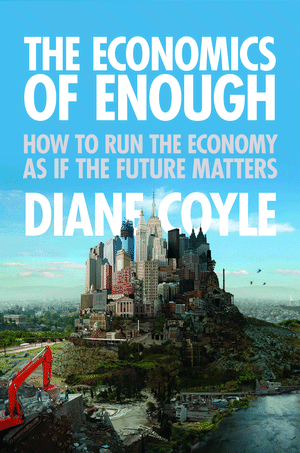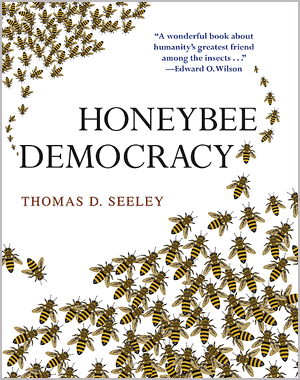In an episode of the television sitcom Seinfeld, Elaine Benes’s favorite contraceptive sponge is taken off the market. She scours pharmacies to stock up, but her supply is now finite, so she must “reevaluate her whole screening process.” Every time she dates a new man, she has to consider whether he is “spongeworthy.”
When Elaine uses a sponge, Dixit says, she is forfeiting the option to have it available when an even better man comes along. He developed a mathematical model to quantify this concept of spongeworthiness many years ago, but kept quiet because it seemed inappropriate at the time. “I hope that my advanced age now exempts me from the constraints of political correctness,” Dixit wrote after retiring from teaching earlier this year
Assorted on India
12 years ago



